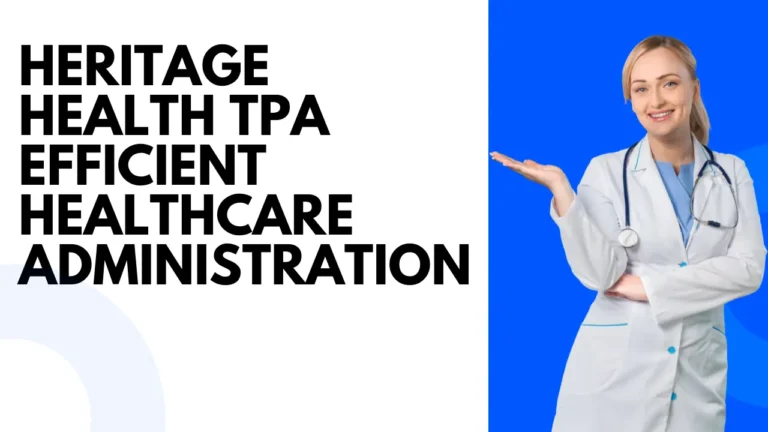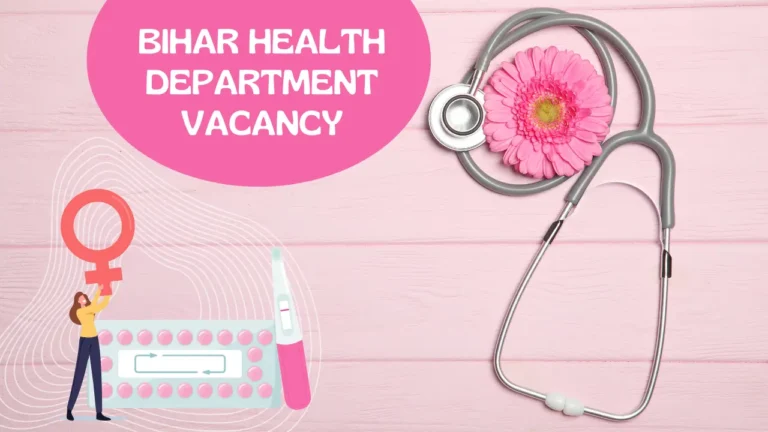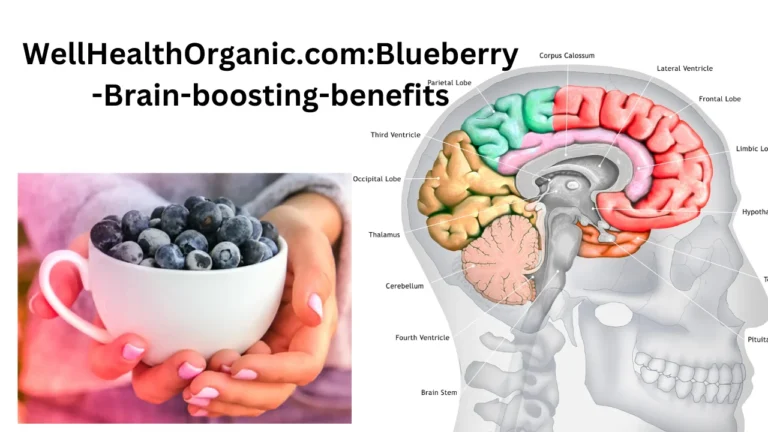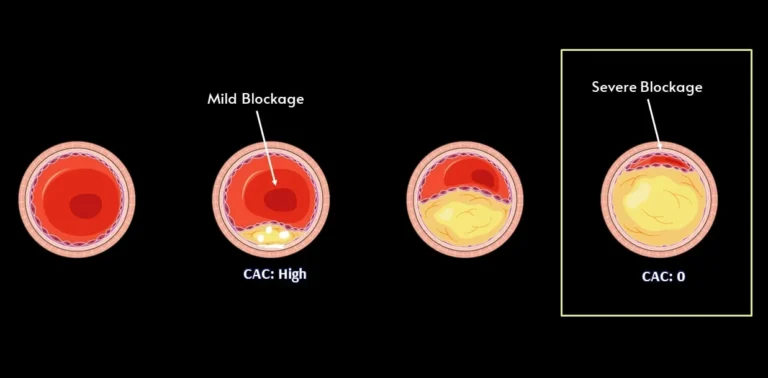Understanding Different Types of Acne and Treatments

A member of the most prevalent skin disorders, acne affects millions of individuals globally. While it is often associated with teenagers, acne can occur at any age and vary in severity. Understanding the different types of acne and their treatments is essential for effective management and achieving clear, healthy skin. This article dives deep into the types of acne and the various treatment options, including the role of tretinoin in managing this condition.
What is Acne?
When dead skin cells and oil (sebum) block hair follicles, acne, a skin disorder, results. Since the face, the chest, back, and arms have the most active oil glands, these areas are frequently where it manifests. Hormonal fluctuations, heredity, stress, and food are some of the factors that might lead to acne.
Types of Acne
Acne can be classified into two main categories: non-inflammatory and inflammatory.
1. Non-Inflammatory Acne
This type includes:
- Whiteheads: These are closed comedones where the clogged pore remains under the skin, appearing as small, flesh-colored or white bumps.
- Blackheads: These are open comedones where the clogged pore is exposed to air, causing the sebum to oxidize and turn black.
Non-inflammatory acne is generally less severe and does not cause swelling or redness.
2. Inflammatory Acne
Inflammatory acne is characterized by redness, swelling, and discomfort. It includes:
- Papules: These are tiny, elevated, red pimples brought on by irritated hair follicles.
- Pustules: These are similar to papules but are filled with pus, appearing as white or yellowish bumps surrounded by red skin.
- Nodules: Large, painful lumps that form deep within the skin due to severe inflammation.
- Cysts: The most severe form of acne, these are large, pus-filled lesions that can cause scarring if not treated properly.
Causes of Acne
To manage acne effectively, understanding its causes is crucial. Common factors include:
- Excess Sebum Production: Blockages in pores can result from overactive sebaceous glands.
- Dead Skin Cells: Improper shedding of skin cells can contribute to blocked hair follicles.
- Bacteria: Propionibacterium acnes (P. acnes) bacteria can grow in clogged pores, causing inflammation.
- Hormonal Changes: Fluctuations in hormones during puberty, pregnancy, or menstrual cycles often trigger acne.
- Lifestyle Factors: Stress, poor diet, and lack of sleep can worsen acne.
Acne Treatments
The treatment for acne depends on its severity and type. Options range from Tretinoin over the counter solutions to prescription medications.
1. Over-the-Counter (OTC) Treatments
OTC products are effective for mild acne and include ingredients like:
- Salicylic Acid:clears clogged pores and exfoliates skin.
- Benzoyl Peroxide: Kills bacteria and reduces inflammation.
- Sulfur: Dries out acne and removes dead skin cells.
2. Prescription Medications
For moderate to severe acne, dermatologists may prescribe treatments such as:
- Topical Retinoids: Retinoids like tretinoin are widely used to treat acne. They reduce inflammation, avoid clogged pores, and accelerate cell turnover.
- Regular use of tretinoin can significantly improve skin texture and reduce the appearance of acne scars.
- Antibiotics: Clindamycin and doxycycline are examples of applied or intramuscular antibiotics that fight bacteria and lessen inflammation.
- Oral Contraceptives: Hormonal therapy can help regulate acne in women caused by hormonal fluctuations.
- Isotretinoin: A potent oral retinoid for severe acne, isotretinoin reduces oil production, unclogs pores, and minimizes inflammation.
3. Advanced Treatments
For persistent or resistant acne, advanced options include:
- Chemical Peels: Exfoliate the skin, removing the top layer to unclog pores and improve skin texture.
- Laser and Light Therapy: tackles the bacteria that causes acne and lowers inflammation.
- Steroid Injections: Quickly reduce swelling and pain in severe acne lesions.
The Role of Tretinoin in Acne Treatment
Tretinoin is a vitamin A derivative and a cornerstone in acne therapy. Its effectiveness lies in its ability to:
- Accelerate skin cell turnover, preventing clogged pores.
- Reduce the formation of new acne lesions.
- Fade post-inflammatory hyperpigmentation (dark spots) caused by acne.
When using tretinoin, it’s important to follow a dermatologist’s recommendations, as improper use can lead to irritation or excessive dryness.As your skin adjusts, progressively increase the concentration from a modest starting point. Always apply sunscreen during the day, as tretinoin can make your skin more sensitive to sunlight.
Lifestyle Changes to Prevent Acne
While treatments like tretinoin are highly effective, maintaining a healthy lifestyle can prevent future breakouts.
1. Skin Care Routine
- Use a mild cleanser to wash your face twice a day.
- Steer clear of vigorous cleaning since this may cause skin irritation.
- Use non-comedogenic (non-pore-clogging) products.
2. Diet
- Limit sugary and high-glycemic foods, which can spike insulin levels and trigger acne.
- Incorporate antioxidant-rich meals like veggies, fruit, and the omega-3 fatty acids.
3. Stress Management
- Practice stress-relief techniques like yoga, meditation, or deep breathing.
4. Hydration
- For keeping your skin moisturized and remove pollutants, drink lots of water.
FAQs
1. Can acne scars be treated with tretinoin?
Yes, tretinoin is effective for treating mild to moderate acne scars. By stimulating collagen production and improving skin texture, it can reduce the appearance of scars over time.
2. How long does it take for tretinoin to work on acne?
It typically takes 6-12 weeks to see noticeable improvements with tretinoin. Consistency is key for optimal results.
3. Can hormonal acne be treated with topical solutions?
Hormonal acne often requires a combination of treatments, including oral medications. However, topical solutions like tretinoin can help manage symptoms when used alongside other therapies.
4. Is it safe to use tretinoin during pregnancy?
No, tretinoin and other retinoids are not recommended during pregnancy due to potential risks to the baby. Always consult a doctor for safe alternatives.
5. What should I avoid while using tretinoin?
Avoid using other harsh exfoliants or products containing benzoyl peroxide or salicylic acid alongside tretinoin, as they can cause irritation.
Final Thoughts
Acne is a multifaceted skin condition that requires tailored treatment based on its type and severity. From OTC solutions to prescription treatments like tretinoin, a range of options is available to help achieve clear skin. For best results, consult a dermatologist who can guide you through the right treatment plan.
Remember, while managing acne may require patience and persistence, understanding the condition and using effective treatments can pave the way to healthy, glowing skin.






